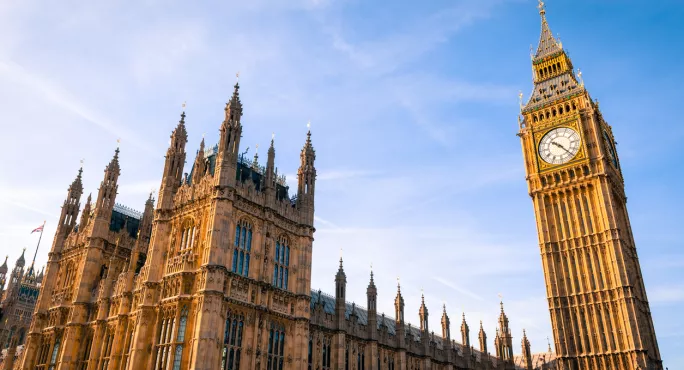Education secretary Gavin Williamson made a raft of announcements during a speech to the House of Commons on Wednesday, from how exams will be assessed to parents being able to report schools to Ofsted on remote teaching.
Here are the key announcements.
Exam grades will be given via teacher assessment - not algorithms
Clearly learning its lesson from last summer, Williamson confirmed that GCSE and A Level exams will be awarded to students via teacher assessed grades - without any subsequent modification by an algorithm.
“I can confirm that GCSEs, A levels and AS level exams will not go ahead this summer. This year we’re going to put our trust in teachers rather than algorithms.
Sats cancelled
Williamson also confirmed that Sats for primary pupils would not go ahead.
He said: “We do recognise that this would be an additional burden on schools and it is very important that we are very much focussed on welcoming students back into the classroom at the earliest opportunity.”
Parents can report schools to Ofsted on remote learning
In news that has already gone done badly on Twitter from teachers, it was confirmed parents can report schools to Ofsted if they are unhappy with their children’s remote learning during the national lockdown.
Williamson told MPs that the mandatory duty placed on schools to provide remote learning will be “enforced” by the watchdog who will inspect schools if they have serious concerns about the quality of this provision.
Mr Williamson said that if parents were unhappy with the remote learning offer they should first raise this with their teacher or headteacher and failing that report the matter to Ofsted.
Covid testing for teachers will remain
Testing of teachers still in school working with pupils of key workers will continue to be carried out and he said it would remain a central plank of the strategy to reopen schools in full after the February half-term.
Free school meals will remain too
Williamson also confirmed free school meals will remain in place for pupils eligible for them, referring to a scheme to provide “extra funding to support schools to provide food parcels or meals to eligible children”, although he did not specify how much funding or how this would be delivered, although it would likely be through a voucher system akin to what has been used in the past.
Children with no digital devices can go to school
Williamson also confirmed that as per the same advice last year, children without access to digital devices at home are allowed to attend school to receive education as a last resort.
Lessons have been learned
Williamson admitted the government had learned lessons from its past decisions in education and was determined to ensure such missteps were not repeated.
